Have you ever watched or heard of the show "Black Mirror"? Either way, one episode shows a woman running away from being harmed while a whole crowd of people stand there and essentially record everything on their phones. Sound familiar? It should.
We live in a time where we are almost inseparable from our phones and increasingly more so in social media. So much so that the bystander effect, a phenomenon where individuals are less likely to offer help to a victim when others are around, is increasing rapidly. Not just that, but there is a huge problem today with social media and how we interact with other people and how we see ourselves.
Social media has restored our faith in humanity at times, and it has made us more aware of issues and news. However, how much does social media impact our lives? How much division has it caused? How has it really changed our lives?
1. Cyberbullying
With First Lady Melania Trump advocating for a safer online climate for children through the Be Best initiative , the topic of internet safety gets raised once more. While this is focused more on teens and young children who are generally most vulnerable, there is something we can learn as adults to not bully each other. We must learn tolerance, how to pull ourselves out of toxic interactions, and we must not let the "bystander effect" take control of our lives in social media. Sometimes it's really adults who can be the bullies and not limiting it to teens and children. We need to do better as adults. We really do.
2. No Regulation
Social media does not have a filter, at least not much of one. Thus, social media users do not also have a filter. This results in bots, trolls, and spam accounts. It's one thing to have a bot to post tweets on behalf of your company to promote a product. However, when you have this kind of crap on your feed regularly, then it's just annoying and causes so much stress. Steps you can take to help manage this and take control of your social media platforms include unfriending, unfollowing, blocking, and reporting for spam which also prevents that feed or person from messaging.
3. Shaming
We see this more than anything else and it encompasses everything that is bad and why we often question "why is this person being so harsh on social media?" We all have those times where we judge articles and make comments. We make judgments all the time. However, do we really need to broadcast those? You only add to the cyberbullying and negativity to social media.
For examples of online social media shaming, look no further than celebrities, revenge porn, mansplaining , and really anything that we post online. One example I tend to see often is parenting techniques or how people take care of their pets. There is no right one way to become a good parent or a good pet parent. Another example I see all the time around prom season, and really year round at this point, are comments about how short someone's dress is and how we tend to victim blame especially sexual assault, gender-based violence, or sexual harassment survivors. Cut it out. Be an adult. Be proactive. Let's not broadcast our judgments. It can take one comment for someone to hurt others or themselves.
4. Negativity
As if we don't have enough negativity in the world right now. We see a lot of bad things online. We hear a lot of news about violence and issues in our culture that we have to address. I am all for the tough conversations, but we have some folks on the internet who are "negative nancies" over everything.
For example, one article I saw recently was about a high school student who got 113 acceptance letters to college which is quite impressive and admirable. I could barely concentrate on my six grad school applications or my three undergrad applications let alone 113. Of course, per usual, we had a "negative nancy" come in and try to ruin it by asking if it had to do with affirmative action or that she took opportunities away. By doing a quick google search, you can learn that when you decide on a college to enroll in and accept an offer, those spots open up for people who are waitlisted or got accepted without funding. It happens.
5. Oversharing
Dear goodness. We overshare way too much on social media and it's simply not healthy. I can't be the only one who has seen couples post about how they just had sex or couples fighting or single people talking about their alleged sexcapades. Or even better. Those that check into the hospital when they're in the emergency room or those who go into great depths about their menstrual cycles. Make your posts meaningful, avoid oversharing, and if you have that one person that does overshare, unfollow them. You don't need that negativity all the time.
6. Good Ole Fake News
Honestly, I could write a whole article or series or blog posts or just any lengthy text dealing with fake news and misinformation. For those who are not familiar, here is an example of fake news.
Sometimes it looks more legit, sometimes it doesn't. However, if it's major, go to major outlets to see if it's real, debunked, or if it's partially true. If it's not on the Associated Press, then I'm automatically skeptical. We see fake news in our feeds or questionably partisan or one-sided stories all the time. At least The Onion is transparent in that they straight up tell you that they're satire. When in doubt, do a quick Google search to see how truthful or untruthful a particular article is.
7. Mental Health
At least once in a blue moon, we may end up in a good ole Facebook or Twitter debate with someone who just won't hear our side similarly to how we sometimes may not hear them out as well. Regardless, it's important that no matter how you are using social media to take time away and not let it consume our lives. I promise. Rachel's Instagram post about getting a cheeseburger will wait. Becky's third engagement can wait. Robert's fifth car in a year can wait too. Go out and enjoy life away from the screen. Etch out a time where you can catch up. Don't let it consume your life because, from first-hand experience, it sucks. Go for a walk. Make plans with friends and try to not look at your screen as much. Go on a date with someone cute. Enjoy those comfortable and uncomfortable moments in life.
While social media is good for keeping in touch with friends and family, crowd-sourcing, activism, and bringing communities together, we must remember to be mindful of not only what you post but limiting the amount of time you spend to prevent harm for yourself. Self-care and digital detox is important and everyone must establish their personal boundaries both in-person and online.

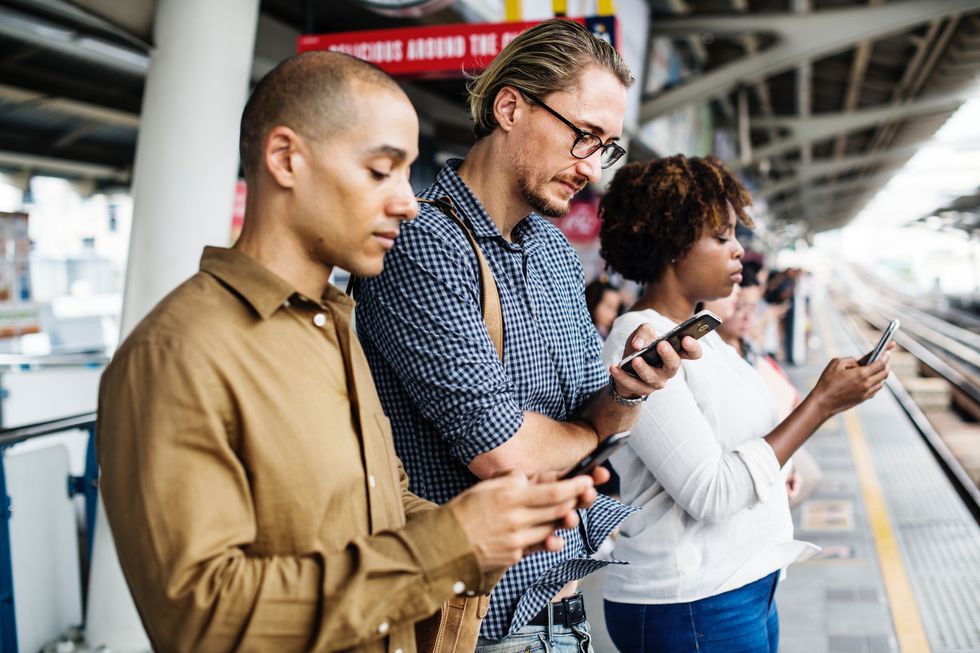
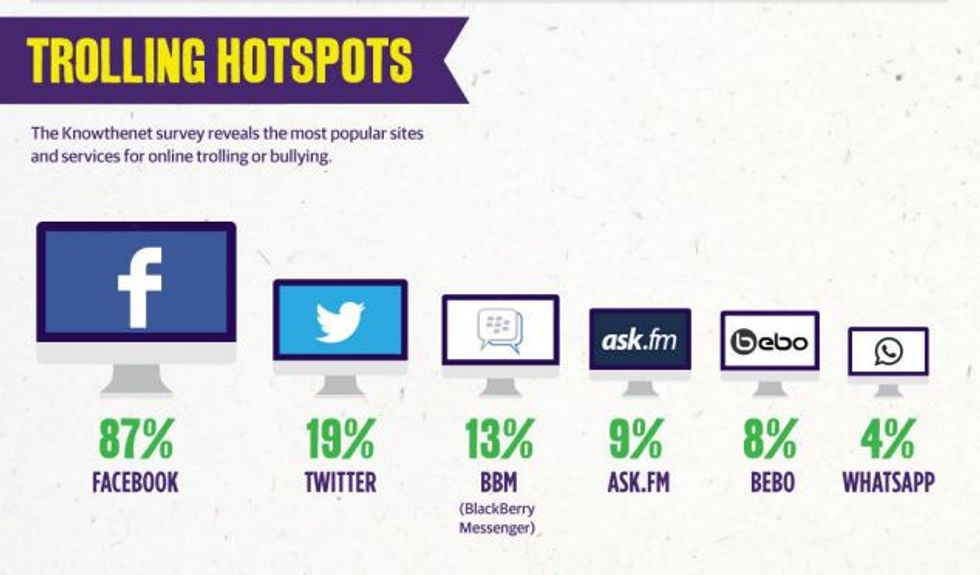
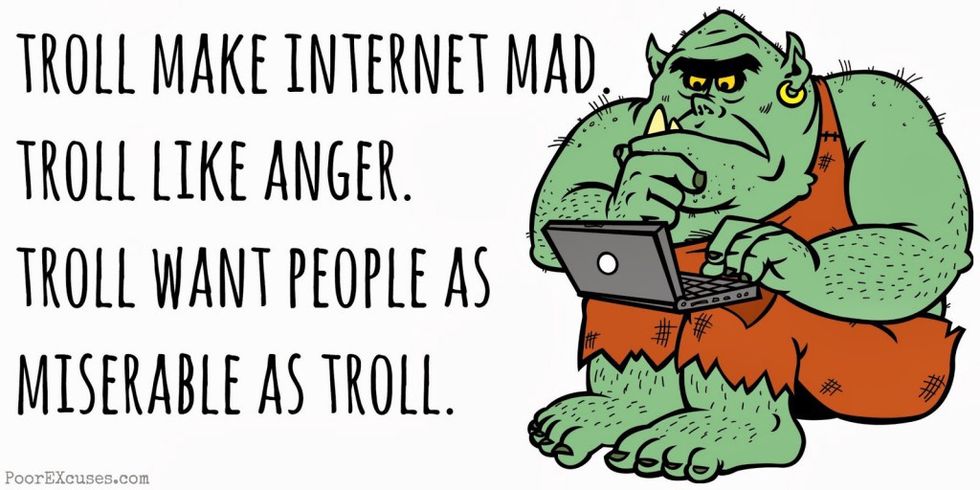

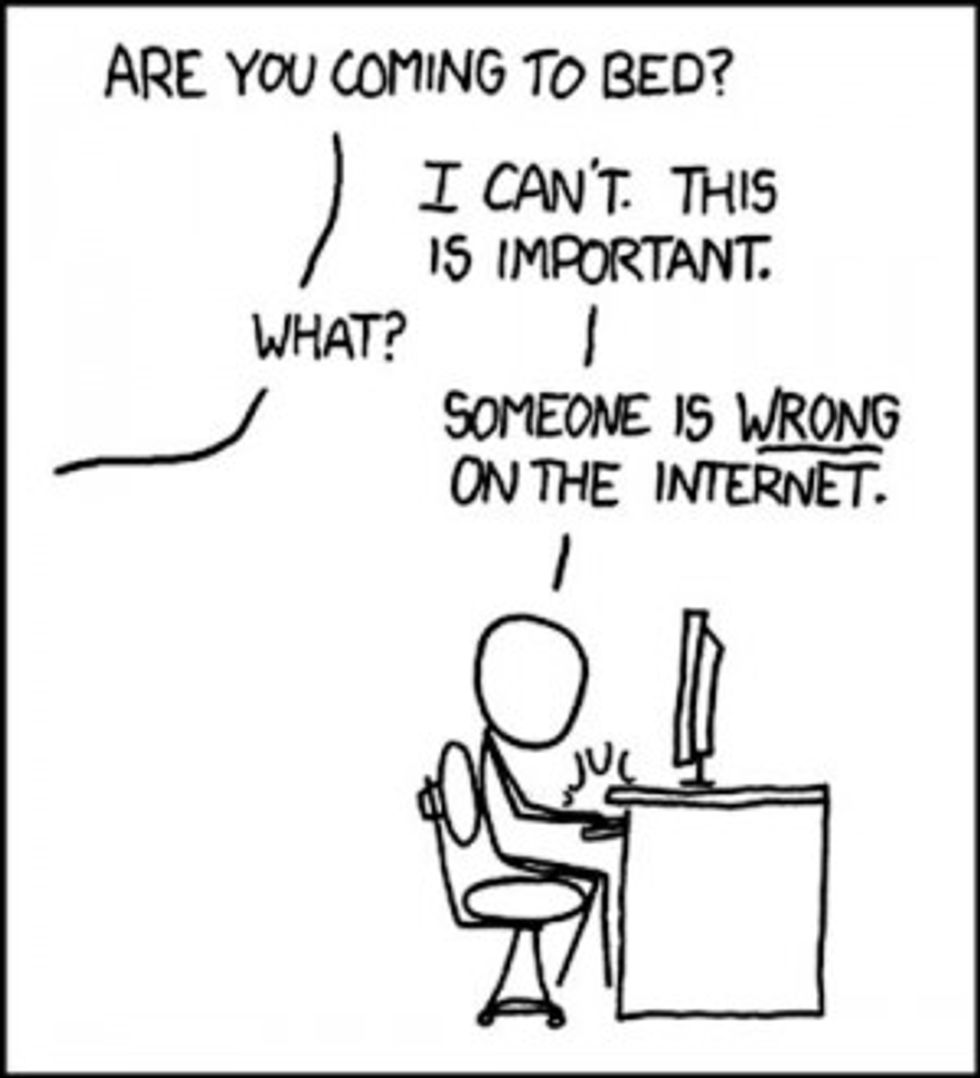
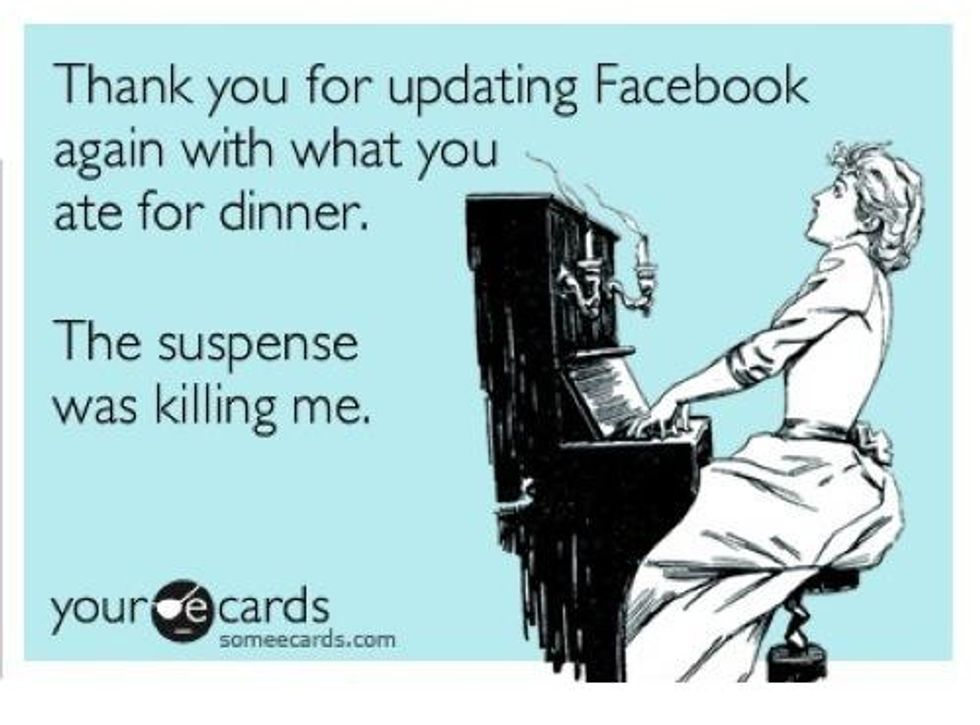
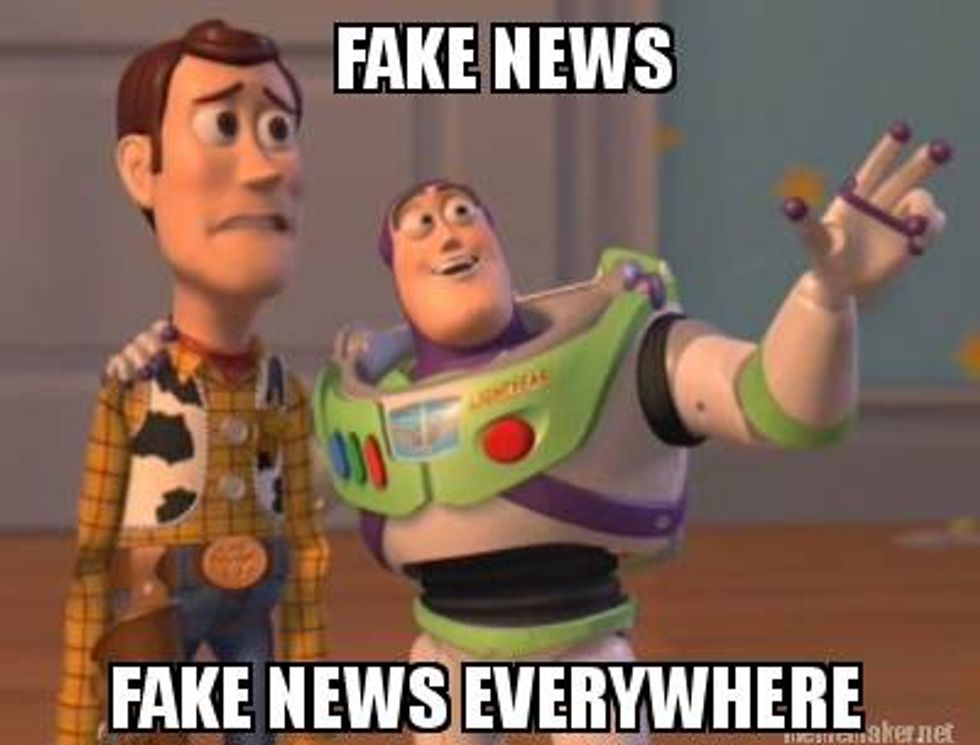

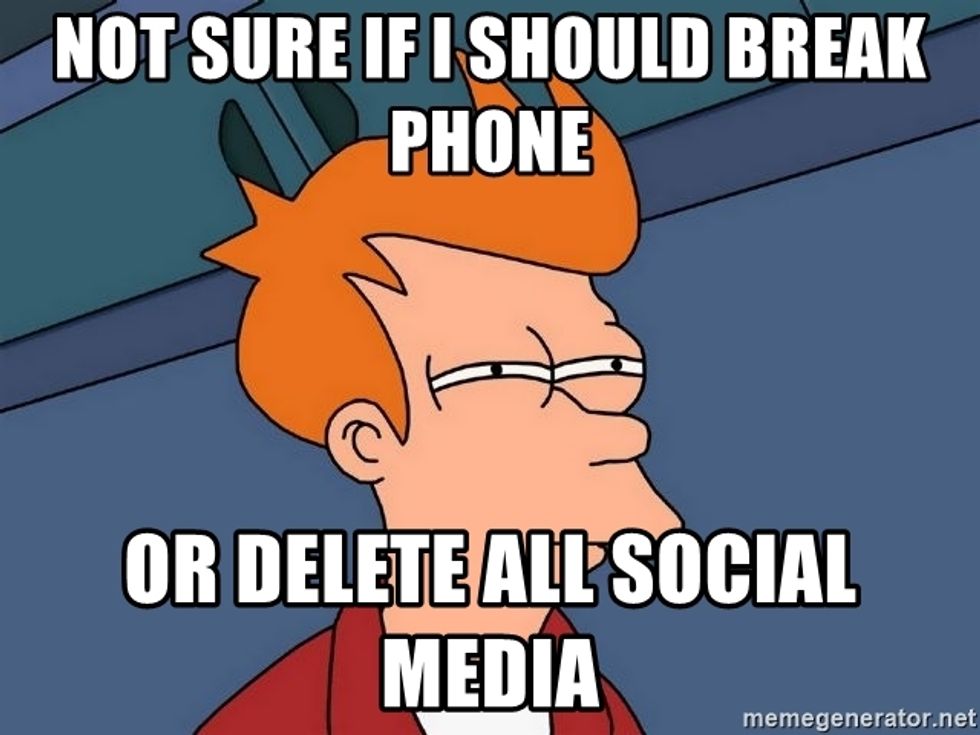




 The minimum wage is not a living wage.
StableDiffusion
The minimum wage is not a living wage.
StableDiffusion
 influential nations
StableDiffusion
influential nations
StableDiffusion












